My late mother sent me a message today. Two years ago, after she passed away, I was aching for a message from her. My sister sent me a book about how to recognize signals from beyond our realm and I started seeing feathers, feathers where there were no trees right above, or a beach and ocean nearby, which would have made it easier for me to explain it away. I wrote a Facebook post about it, but kept it super vague, because I worried that I would sound like a kook! Then I wrote a blog post about it.
Now, two years later, I am more comfortable allowing something into my life that feels good – even if I can’t prove it.
This morning, I was walking down the hall in an office building on my way to a video interview with Beverly Buncher, creator of the BALM program, and author of the book by that name. There in my path was a beautiful feather! I looked up, because the building has an atrium open to the sky, but realized that this particular feather could not have landed here the way this building is designed. This feather was a gift for me from my mom. I’ve been enjoying some success with my book and I’ve been wishing that my mom was around to kvell (to enjoy, in Yiddish).
During the interview with Bev, I loved how Mindful Methods for Life and Experience Dependant Neuroplasticy Training fit in with Bev’s system in BALM. The premise of her program to help families where a loved one has a substance use disorder is the concept that your loving connection is your loved one’s best chance at recovery. It’s a welcome change from some of the other systems in the addiction recovery world.
In BALM, they do not advocate letting your loved one hit “rock bottom,” kicking them out of your home, or cutting them out of your life. As opposed to letting go, you are hanging on, using tools and techniques designed to keep you in balance. In helping family members stay healthy and strong, she teaches mindfulness in her program, as well as something similar to what I call inner critic work – in her program it is called parts work. Her families have coaches who provide a lifeline – just like we in the Mindful Self Compassion community, part of the Mindful Methods for Life program, explain that Mindful Self Compassion is loving connected presence.
Our interview was wide ranging.
At one point, I shared something for the first time…maybe the feather gave me the courage to share it, or made it okay to share it. When my mom was taking her last breaths, I had one hand on her head and the other hand on her shoulder. I was whispering “go with God” in her ear. “It’s okay. Go with God, mom.”
At the moment she took her last breath, I had a flash of connection at that very second with all the other women who lost their mothers. I felt like I was a particle of a vast and loving universe. My next feeling was gratitude, which accompanied the thought about how fortunate I was to have my mom pass away, safe in her beautiful home in La Jolla, California, in a clean bed with her family all around her. So many other souls left this planet that same moment in much worse circumstances.
BALM is an acronym for Be A Loving Mirror.
They teach that you should notice and state the facts of the situation without the overlay of judgment. That judgment cuts both ways: beating your loved one up for their lapse, and beating yourself up for your part in perhaps enabling their lapse. How much better to be able to say, in a matter of fact tone, without harshness or recrimination, “Sweetheart, I noticed that you said you would be home by 10 p.m., but then you arrived at 2 a.m. smelling of alcohol. I’m leaving for work now, see you at dinner.”
In the BALM system, family members learn skills and tools to handle the challenge of being in relationship with a struggling loved one. If you have a BALM coach, you could call your coach to accelerate your progress and get help with next steps to help you and your loved one recover.
In my work, without a coach I would then:
- Give myself compassion for how difficult the situation is.
- Use soothing touch to calm my system if I felt activated in any way.
- Tell myself what I need to hear right now.
- Pull up a memory of a time when I felt awe, and pop in that positive mental state, letting it fill up my body with good feelings and savoring those feelings, so that I pushed a positive mental state into a neural trait.
If I needed support in handling difficult emotions because of a loved one with a substance use disorder, the best of both worlds would be to have a BALM coach and a Mindful Methods toolbox.
Bev’s book is titled BALM®: The Loving Path To Family Recovery.
May you be safe, may you be happy, may you be healthy, and may you live with ease.


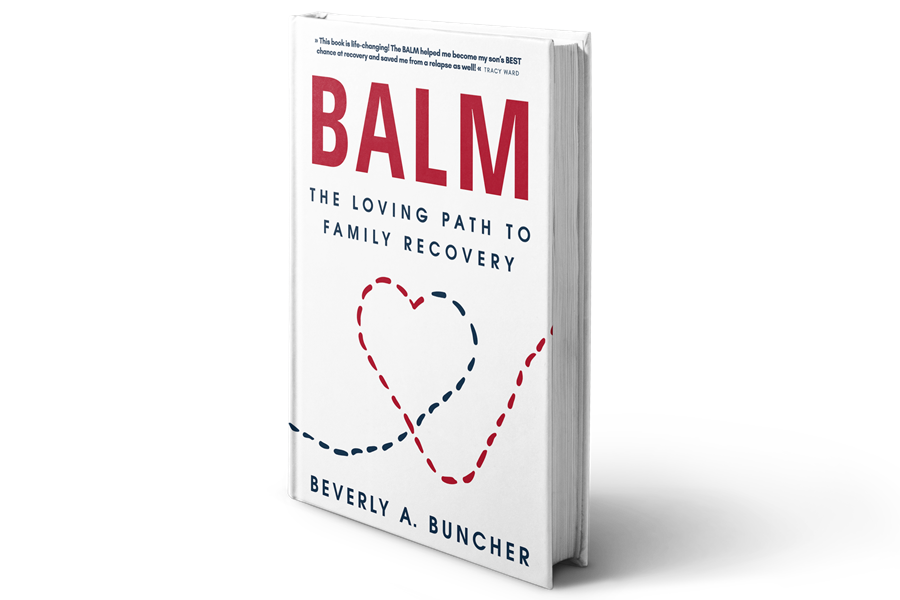









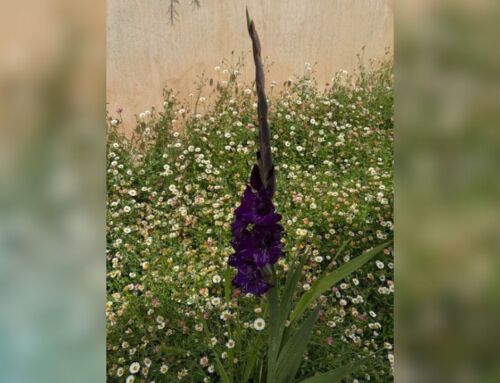

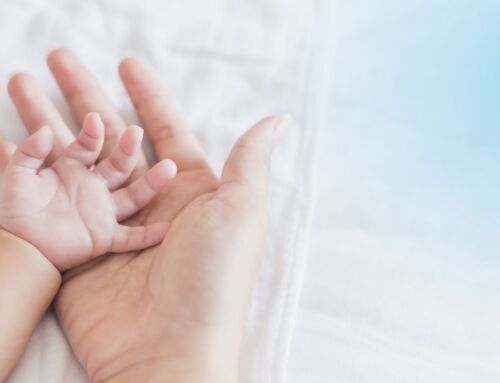

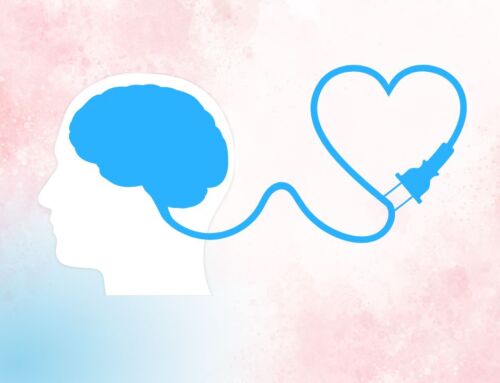
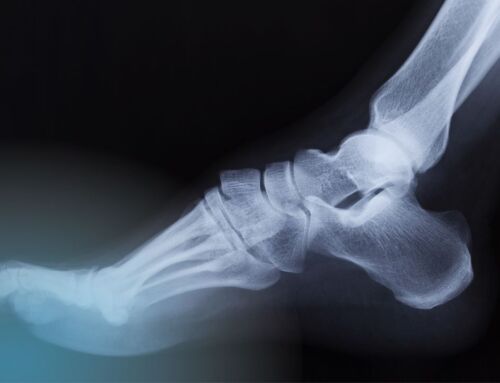
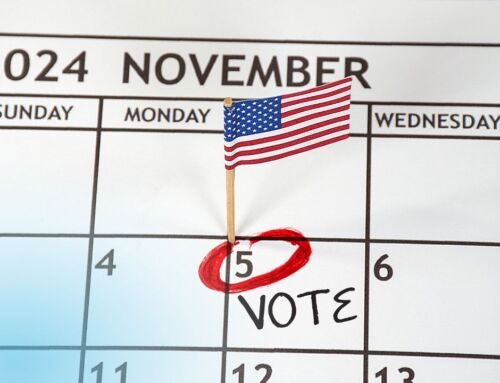
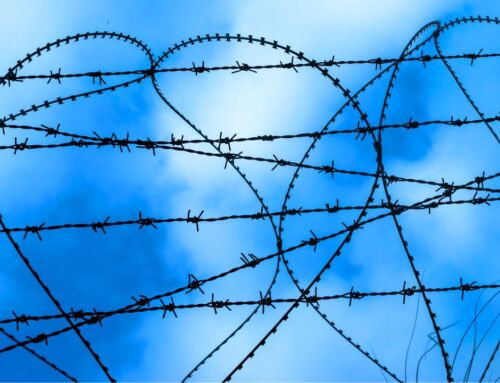

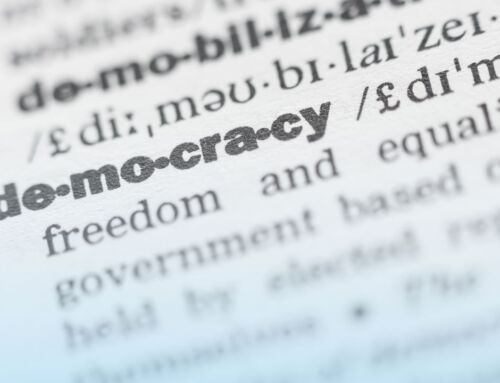
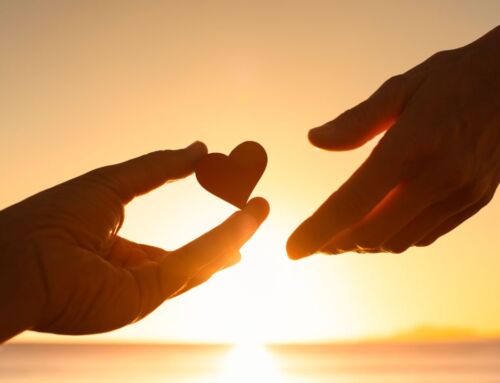
Kvelling with you